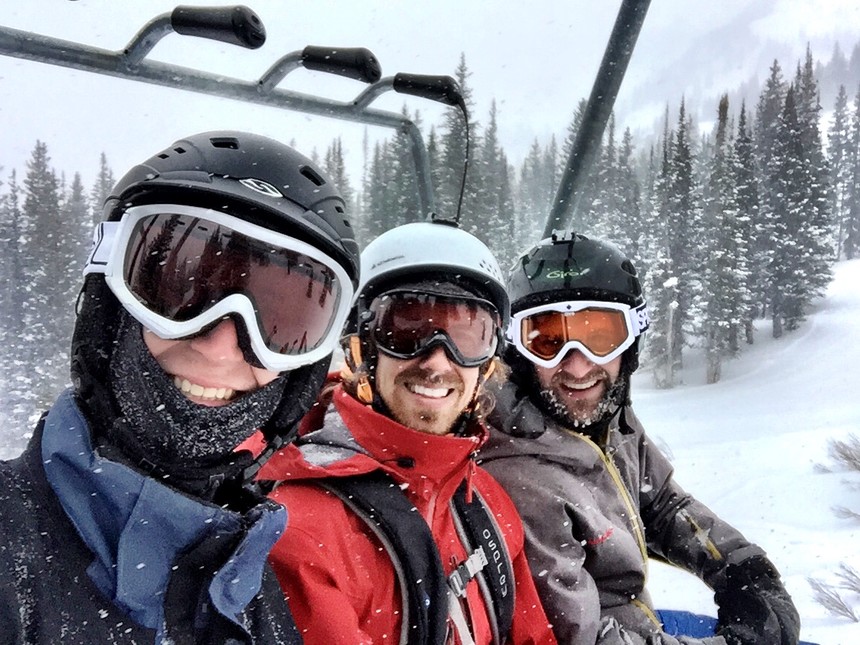
Pines (middle) recalls, “When I hit the berm and the snow gave way beneath me, I knew I was in trouble. I landed backward, and I could see the tree over my shoulder less than 20 feet away.” Justin Pines photo.
*The names of patrollers in this story have been changed to protect privacy.
On April 9th, 2016, 30-year-old Justin Pines replied to his mother’s text, “How are you?” with a photo of him and his buddy, Michael Maag, riding Headwall chairlift at Squaw Valley, California. The conditions were whiteout and the snow was cement-like, but they were smiling, big. Minutes later, the former Division I distance runner at Princeton collided with a tree, leaving him paralyzed from the chest down. Eighteen months later, I touched base with Pines just down the road from where my ski patrol coworkers and I found him in a tree well to learn why he says the ensuing months have been the richest of his life.
The radio call came in while I was hauling a bundle of bamboo to the shack at the top of Headwall chair.
“There’s a report of a skier versus tree somewhere in what sounds like The Penguins. Sounds like a leg injury,” crackled Dispatch.
I load the chair, the ‘boo heavy on my lap. Patrol jumps into action, and my supervisor, Bobby—the man in charge of the Headwall section of the mountain—radios he’s setting out to search. I scan the terrain from above, my vision fighting the dense fog.
Pines hung upside down in a tree well, his skis somehow caught up at the top. He didn’t have a broken leg; his lung was punctured and collapsed, and he had suffered fractures of his T4/5 vertebrae, his sternum, and 6 of his ribs on the right side. Mostly, he didn’t have long before he was going to lose consciousness.
While patrol searched, Pines was doing all he could to stay alive. He couldn’t feel his legs, but he wasn’t panicking. He was in survival mode; he knew he had to hold on just until a red jacket arrived and he could relinquish control.

Pines spent 9 days at Renown Hospital in Reno. He underwent spinal fusion surgery that consisted of putting two rods from his T2-T7 vertebrae, with two screws in each vertebra. Justin Pines photo.
Pines could hear patrollers calling out to him, but the voices faded as they moved downhill. Earlier, locating his cell phone in his breast pocket, he had let Maag know what had happened via voice recognition text, saying “I broke my back…I’m in a tree well…Get help.” Now, hanging upside down in critical condition, Pines was using it to get attention by blasting “Cut the Cake” by Average White Band.
Looking back on that moment, suddenly surrounded by ‘70s funk so out of place during the sober situation, Pines remembers a flicker of a smile. There was humor, if only briefly, but it wasn’t long before it became clear the insulating snow pack of the well was completely muffling the music coming from the speaker, and that smile disappeared.
What remained, besides Pines’ muffled yells, was deafening silence and the fading sound of ski patrollers calling his name. Momentum of the rescue picked up as the minutes passed, and a patroller assigned to a different part of the mountain joined the search. Simultaneously, another patroller and I clicked into our skis outside the Headwall shack. Pines needed to be found, ASAP.

10 hours of rehab therapies and conditioning per day, and still he smiles and throws his arms up. Justin Pines photo.
We headed down the ridge the same way Pines had done when the news came in over our radios: “On scene … Justin Pines … possible broken back … get the air ambulance rolling.” Seconds later, my partner was helping stabilize Pines while I hiked uphill to flag down the patrollers bringing the trauma kit, backboard and toboggan.
Getting the backboard down to Pines wasn’t easy. He was deep in the well, not a place backboards just slot into easily. While some of the rescue team dug to widen the access, others prepped the oxygen, managed communications, and stood by to assist when it was time to strap down Pines and his lifeless legs.

You think mountain biking’s hard on two wheels? Try three. Last summer, in Bend, OR, Pines put in 11 hours of riding over two days with Oregon Adaptive Sports. Justin Pines photo.
Within minutes, we were loading Pines into the toboggan to transport him to the paramedics. I thought that was the last I’d see of him.
But I thought about Pines daily, and I couldn't take the constant wondering. How was this former collegiate athlete handling paralysis? Was he resentful? Regretful? I typed his name into Facebook, noticed we shared two friends, and sent him a message: “I don’t know if you remember me, but I was one of the patrollers who responded to your accident. If you’re ever in Tahoe again, could we catch up?”
Pines almost never checks Facebook, but he did that night, and replied: “I’m actually back this weekend!” 72 hours later, we were drinking coffee together, swapping perspectives of the day his life changed.
“Since the early days, I’ve felt very challenged by this injury. It puts constraints on certain aspects of your life, and carries with it a number of preconceived notions as to what can and can’t be done,” Pines told me. “For me, this has prompted the response: ‘OK, let’s push hard into these perceived limitations and see what really IS possible.”

Pines isn’t spared the wrath of climbing shoes. Justin Pines photo.
Ten weeks after his injury, and just a few weeks after his discharge from the hospital and the removal of the turtle shell brace stabilizing his torso, Pines placed his body in a hand bike and peddled in the Pedal for Possible race in the foothills of the Colorado Rockies.
Pines’ friend Isaiah flew in from New York to do it with him, and when they reached the intersection where the 50K racers part from the 100Kers, Pines asked Isaiah, “Did you come out here for a run-of-the-mill day, or do you want mix it up?” Seconds later, they found themselves on the 100K course, and 9 hours later, they crossed the finish line, having battled temperatures reaching 101 degrees. “Giddy up” was their team motto, and Pines now uses it for life in general.
That was just the beginning.
Pines raced the New York City Marathon in November. He completed the 26.2 miles in 2015 on feet in 3:07, and this time, he crossed the finish in his racing wheelchair in 2:40, all the while raising $15,000 for spinal cord injury research. He reflects, “At around mile 22, my neck muscles finally just gave up, which is often the first point of failure for athletes new to the sport. My head was drooping and my chin was resting on my knees, not out of design, but necessity.” He says, “I was pretty sore, but just incredibly grateful, and ready to continue getting out of my comfort zone.”
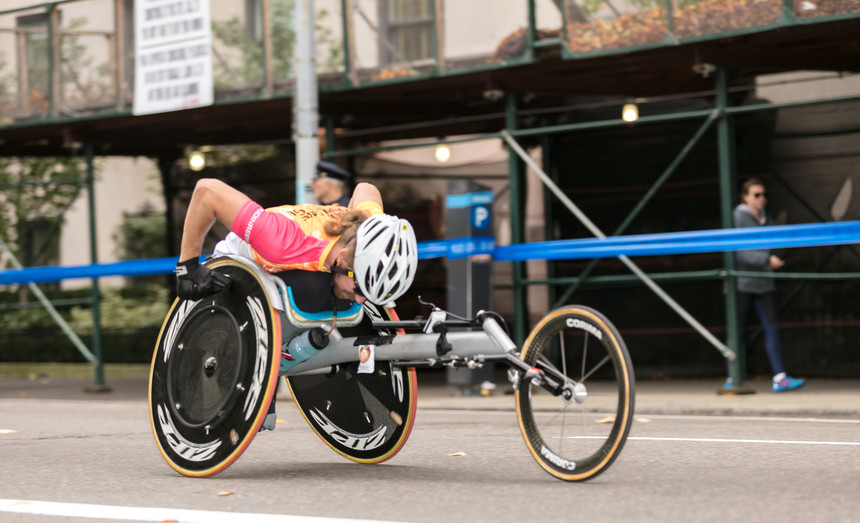 He might not be running anymore, but Pines is still racing in the New York City Marathon. Christine Dipasquale photo.
He might not be running anymore, but Pines is still racing in the New York City Marathon. Christine Dipasquale photo.
That reaction is indicative of Pines’ resolve, the same resolve that had him laying in his hospital bed, meditating on the love shown to him just days after his surgery, instead of focusing on the loss of his legs. Pines says he was overcome with joy, and found himself weeping.
“They were joyful tears,” he says. “I was overwhelmed with how much I was loved. There was such an outpouring after I got hurt. I had never before been confronted by just how profoundly I’m cared for. It completely overtook me, and, in that moment, being able to run 10Ks shrunk down and just seemed so small in comparison.”
“You have to grieve, for sure,” Pines says. “There is real loss in this injury and you need to take time to let that set in and to allow yourself to be sad. Pretending otherwise would mean not living life honestly.”
He recalls some tougher times, like when he was driving back from an outing with Craig Hospital, the Denver-based center for specialty rehabilitation and research for people with spinal cord injury and traumatic brain injury, and where Pines did his five weeks of in-patient rehab.
“I was looking out of the bus window at this beautiful dirt singletrack stretching up into the foothills, and I remember, in this eyes-wide-open kind of way, really mourning my loss of running for the first time,” he said. “It was painful, but even then I think I knew it was a necessary part of accepting my new reality and starting to find my way forward.”
Pines is insistent not just on the importance of accepting grief, but also in moving past it. To him, focusing on life’s potential is the ultimate coping mechanism.
“There’s so much to find joy in and be passionate about,” Pines says. “I think–regardless of injury or not–we get into trouble by rigidly comparing our present with our past. I know it’s going to look different, that I’m going to have to get out of my comfort zone and try new things for the first time, but there are still incredible goals to take on and challenges to see accomplished.”
In addition to his new approach to marathons and 100K bike rides, Pines spent a week this last summer in Santa Cruz, California, with the Truckee-based High Fives Foundation getting back in the ocean and relearning how to surf. Sharing a house with 12 other adaptive athletes, Pines says he learned more than just how to surf.
“It was through these incredible individuals, in how they approach life and in all that they have accomplished, that I saw a difference in mindset,” Pines says. “And that is: Am I always comparing to what life was like before, or am I creatively looking at my new circumstances for what I can build fresh?”

Pines throwing the shaka at the High Fives surf camp in Santa Cruz. Justin Pines photo.
“There are things that are disabled when you have an injury like this, but other less obvious, yet even more powerful things are enabled,” Pines says. “When people see I’m in a wheelchair, it invites the question: ‘What happened?’ Conversations don’t stay on the surface, and that goes for close friends as well as complete strangers. Often, when I ride Uber, after the driver has helped load in my chair and physically interacted with this very personal part of my story, we’ll almost inevitably get into my injury and what it’s meant, and then into the deeper parts human experience and heavier topics of our own lives.”
Pines says he often ends up bear-hugging–and sometimes praying–with complete strangers, and to him, that’s unbelievably satisfying.
Pines has started calling this new ability to open up to strangers “the superpower of connection,” and says his injury has helped him establish more trust by way of being vulnerable. Accordingly, he’s reclaiming so many aspects of what life was, and more.
“This has been the most rich, full year of my life, period,” Pines said. “And a huge part of that is the superpower of connection, and how much fullness and relationship comes out of this kind of life experience.”
If I were to describe Pines in two words, it’s these: fired up.
Last March, just one year after the accident, Pines returned to Squaw, in a sit-ski. I ask if he made it back to the crash site, and he chuckles, “I need a few more years of practice before I can get there, but I told my buddy to go pee on it for me.” He’ll do the same one day, he says.

“If I can catch a wave, get pummeled, get back onto the board and paddle out for more...what can't be done?” Justin Pines.
Hitting the tree took away the use of Pines’s legs, but it didn’t take anything from his spirit.
“This is the best time to break your back in history,” Pines joked. “You can just make Alexa do everything!”
Plus, when he’s now confronted with a challenge, Pines says he only has to recall recent past for perspective.“In certain situations, I have definitely found myself saying, ‘Well, at least I’m not hanging in a tree well,’” Pines explains. “I say that not as a rationale to go be reckless, but as a more tempering perspective on the little bumps of daily life. This experience has clarified what it means to have a healthy relationship with the past and future, and how to approach grief and anger toward the former, and fear of the latter.”
Ultimately, Pines says he finds freedom in his conviction that his life was never meant to be just about himself.
“There’s plenty of fodder for the ‘my life is shit’ attitude, but I know that the greatest stories are built out of uncommon conflict,” Pines says. “I believe that, through these new challenges, I will have a story worth retelling, and through which I can help others. I trust that God has a plan for our lives, and that it is good. For me, as for all of us, it’s not one that I could have predicted, but it’s still largely unwritten and pretty damn boundless.”
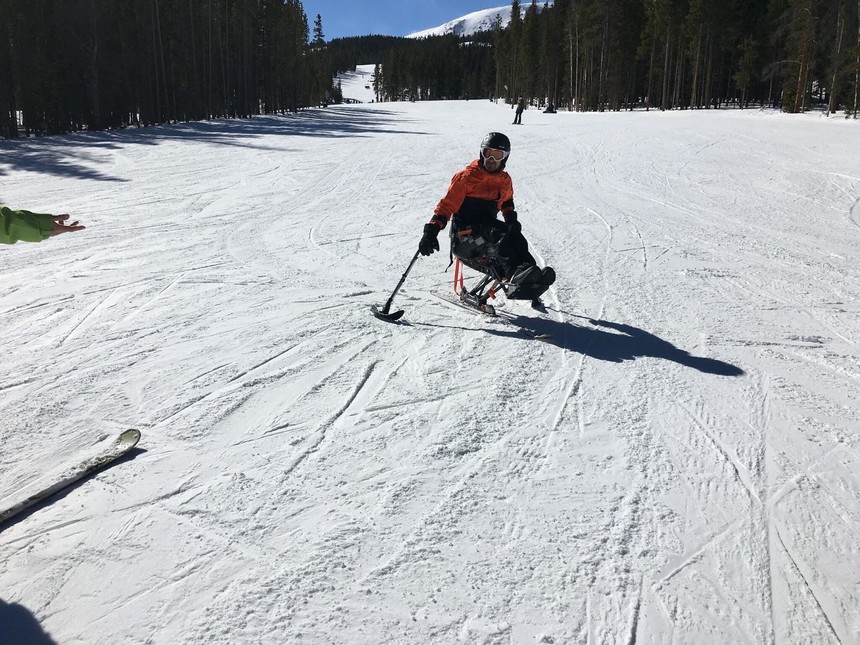
For now, he crushes greens, but one day Pines will make it back to the site of his accident. When he does, he says he’s going to pee on the tree. Justin Pines photo.
Before we take the last sips of our coffees and part ways, I ask Pines how Maag’s doing. Pines says, plainly, that Maag wants to be a volunteer patroller. Squaw ski patrol saved his buddy’s life, and he wants to pay it forward.
Giddy up.



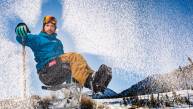
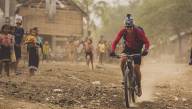
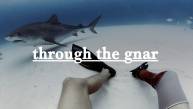
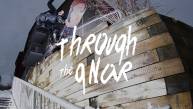

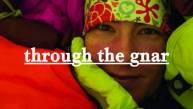
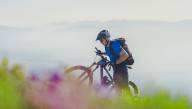
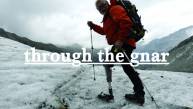
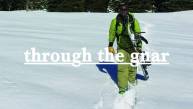
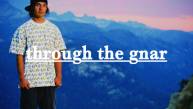
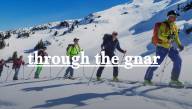
__video_thumb.jpg)
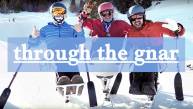
Charlie123
March 1st, 2018
Damn man you are lucky.
I always love to travel. Last year I was in Thailand and I can say what a beautiful place it is. May I know what and how do you plan your trip. DO you play games when travel or listen to music? I play on Travel Games and go to iTunes or other places for music. But sometime I love to travel alone because I hate to share my stuff :P
Anyway nice article loved it.
JonyKity
April 2nd, 2018
Nice Article, Truely travelling is Fun. I always would like to travel at night. Cold wind, snow, moon which are all my most favorite things. when i was in switerland which i would say switherland is the most happiest place human to live there and also i have lot more place to travel in my dream list. I also love play <a href=“https://www.friv2kizi2.com”>friv<a> games like football, ice fishing like that.
JonyKity
April 2nd, 2018
[url=“https://www.friv2kizi2.com” friv games]
mrgames
January 10th, 2021
Nice Article, Truely travelling is Fun
Y8 Games. I always would like to travel at night.